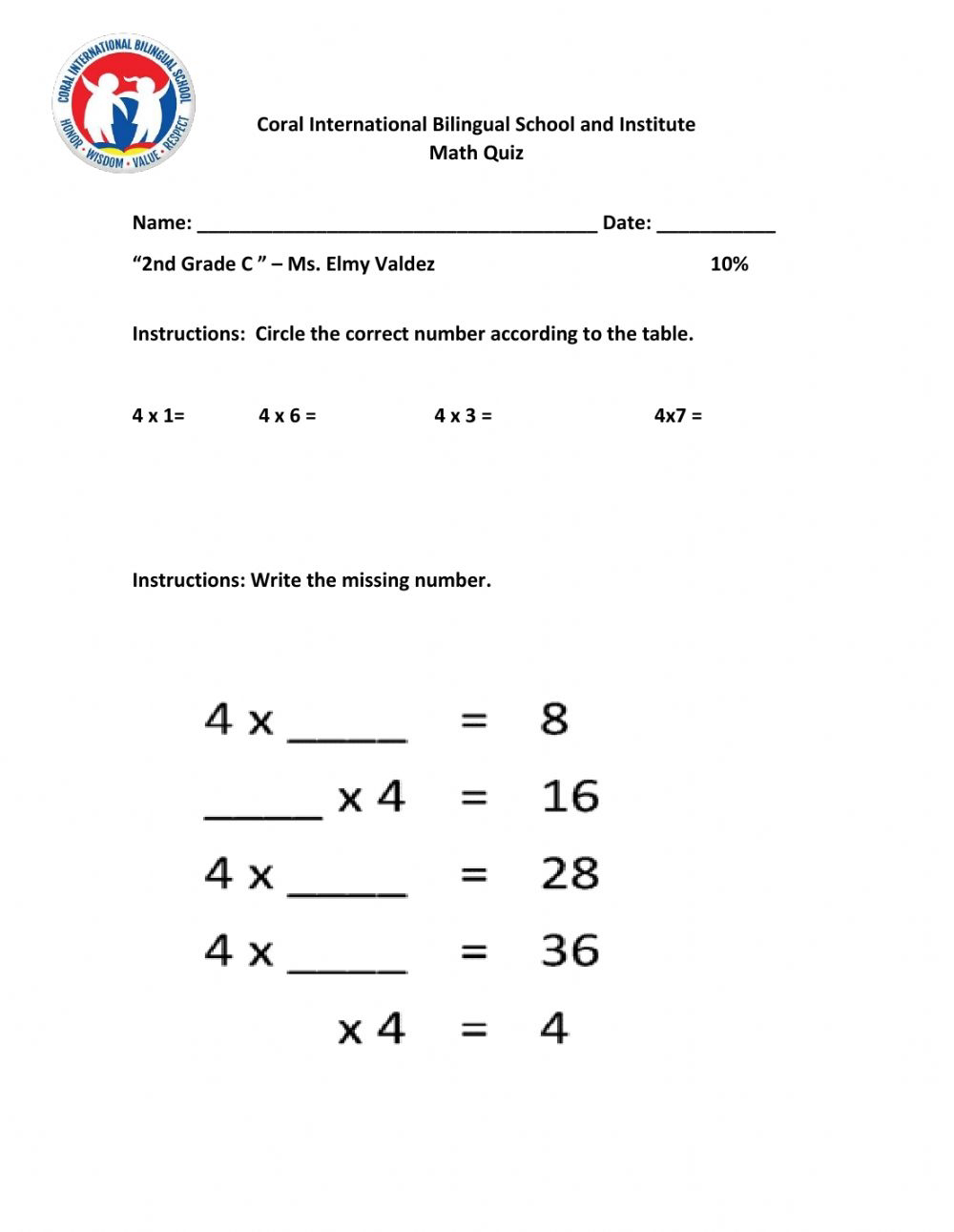IMPORTANCE OF TEACHER EDUCATION
IMPORTANCE OF TEACHER EDUCATION
Meaning of Teacher Education
It is well known that the quality and extent of learner achievement are determined primarily by teacher competence, sensitivity and teacher motivation. The National Council for Teacher Education has defined teacher education as – “A programme of education, research and training of persons to teach from pre-primary to higher education level”. Teacher education is a programme that is related to the development of teacher proficiency and competence that would enable and empower the teacher to meet the requirements of the profession and face the challenges therein.
Vision and importance of teacher education
Teacher education has to become more sensitive to the emerging demands from the school system. For this, it has to prepare teachers for a dual role of; Encouraging, supportive and humane facilitator in teaching learning situations who enables learners (students) to discover their talents, to realize their physical and intellectual potentialities to the fullest, to develop character and desirable social and human values to function as responsible citizens; and, An active member of the group of persons who make conscious effort to contribute towards the process of renewal of school curriculum to maintain its relevance to the changing societal needs and personal needs of learners, keeping in view the experiences gained in the past and the concerns and imperatives that have emerged in the light of changing national development goals and educational priorities. To be able to realize such expectations, TE has to comprise such features as would enable the student teachers to
Care for children, and who love to be with them;
Understand children within social, cultural and political contexts;
View learning as a search for meaning out of personal experience;
Understand the way learning occurs, possible ways of creating conductive conditions for learning, differences among students in respect of the kind, pace and styles of learning.
View knowledge generation as a continuously evolving process of reflective learning.
Be receptive and constantly learning.
View learning as a search for meaning out of personal experience, and knowledge generation as a continuously evolving process of reflective learning.
View knowledge not as an external reality embedded in textbooks, but as constructed in the shared context of teaching-learning and personal experience.
Own responsibility towards society, and work to build a better world.
Appreciate the potential of productive work and hands-on experience as a pedagogic medium both inside and outside the classroom.
Analyze the curricular framework, policy implications and texts.
Have a sound knowledge base and basic proficiency in language.
The objectives of teacher education would therefore be to,
Provide opportunities to observe and engage with children, communicate with and relate to children
Provide opportunities for self-learning, reflection, assimilation and articulation of new ideas; developing capacities for self directed learning and the ability to think, be self-critical and to work in groups.
Provide opportunities for understanding self and others (including one‘s beliefs, assumptions and emotions); developing the ability for self analysis, self-evaluation, adaptability, flexibility, creativity and innovation.
Provide opportunities to enhance understanding, knowledge and examine disciplinary knowledge and social realities, relate subject matter with the social milieu and develop critical thinking.
Provide opportunities to develop professional skills in pedagogy, observation, documentation, analysis, drama, craft, story-telling and reflective inquiry.
Although it’s possible to become a teacher without completing a teacher education program, here is the importance of teacher education and 5 reasons you should pursue this course of action to become a teacher instead.
Learn Latest Techniques
Teaching is one of the oldest professions. We can learn teaching methods from people of the past. However, new techniques and teaching strategies are being researched and implemented in the classroom. During your course of studies, you can learn about these and others. That way, when you start teaching, you have all the techniques in mind to draw from. Use what you’ve learned to determine your personal teaching techniques, too.
Discover Classroom Technology
Not every school has funding for new technology. When you get your hands on it, however, there are so many things that you can do. They showed us how to use it in our classrooms, too. It was great to collaborate with other classmates to discover new ways to use technology to enhance the experience of the students.
Improve Teaching Skills
There are lots of skills that are helpful to have as a teacher. When completing a teacher education program, you learn what these skills are and how you can develop them.
Gain Experience
The more opportunities you get to teach in front of a classroom of students, the better you’re going to get. It takes practice to figure out classroom management techniques, lesson planning, lesson timing, and more. Teacher education programs provide opportunities to gain experience which is vital to help you become a better teacher.

Good work👍🏻
ReplyDelete